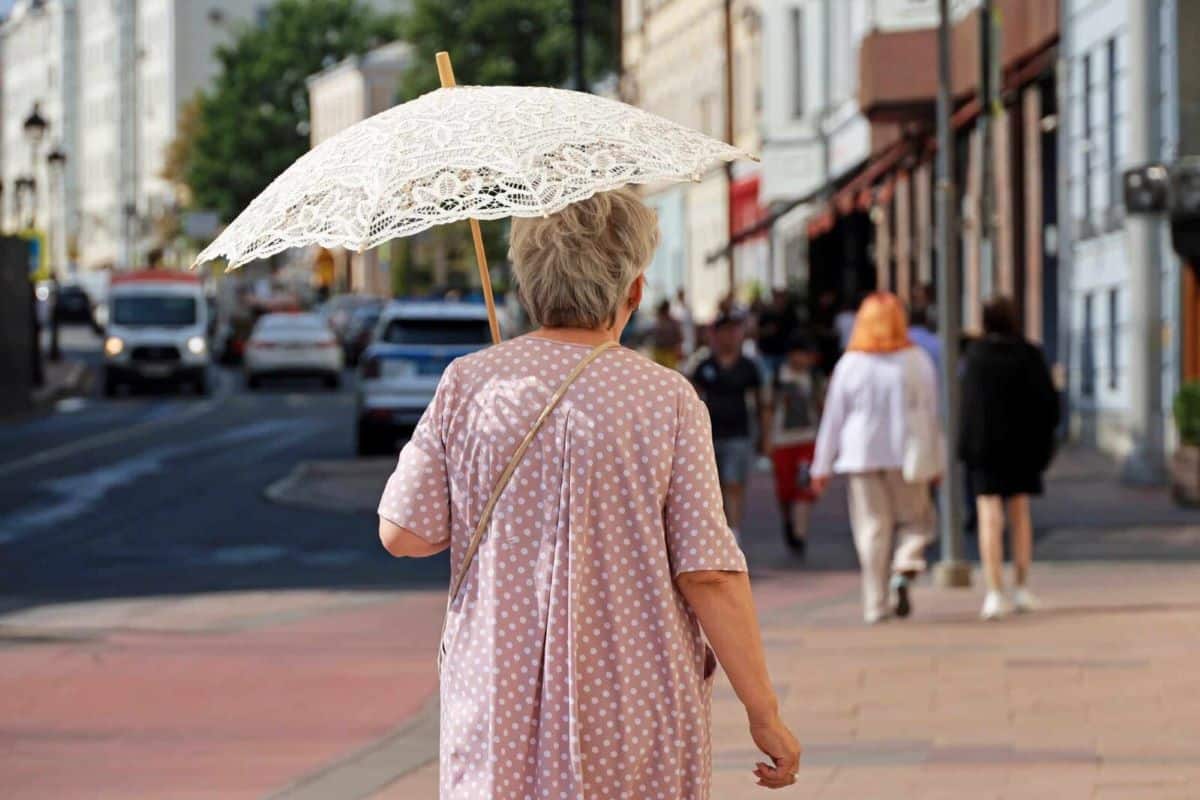What happened to the simple courtesies that once defined Britain? Has politeness become an endangered species?
1. Mobile Phone Zombies

Phone addiction is killing our interactions. Deloitte reports Brits now check their phones 55 times daily. If you thought people were rude before, just wait until they bump into you while scrolling through TikTok.
2. Litter Everywhere
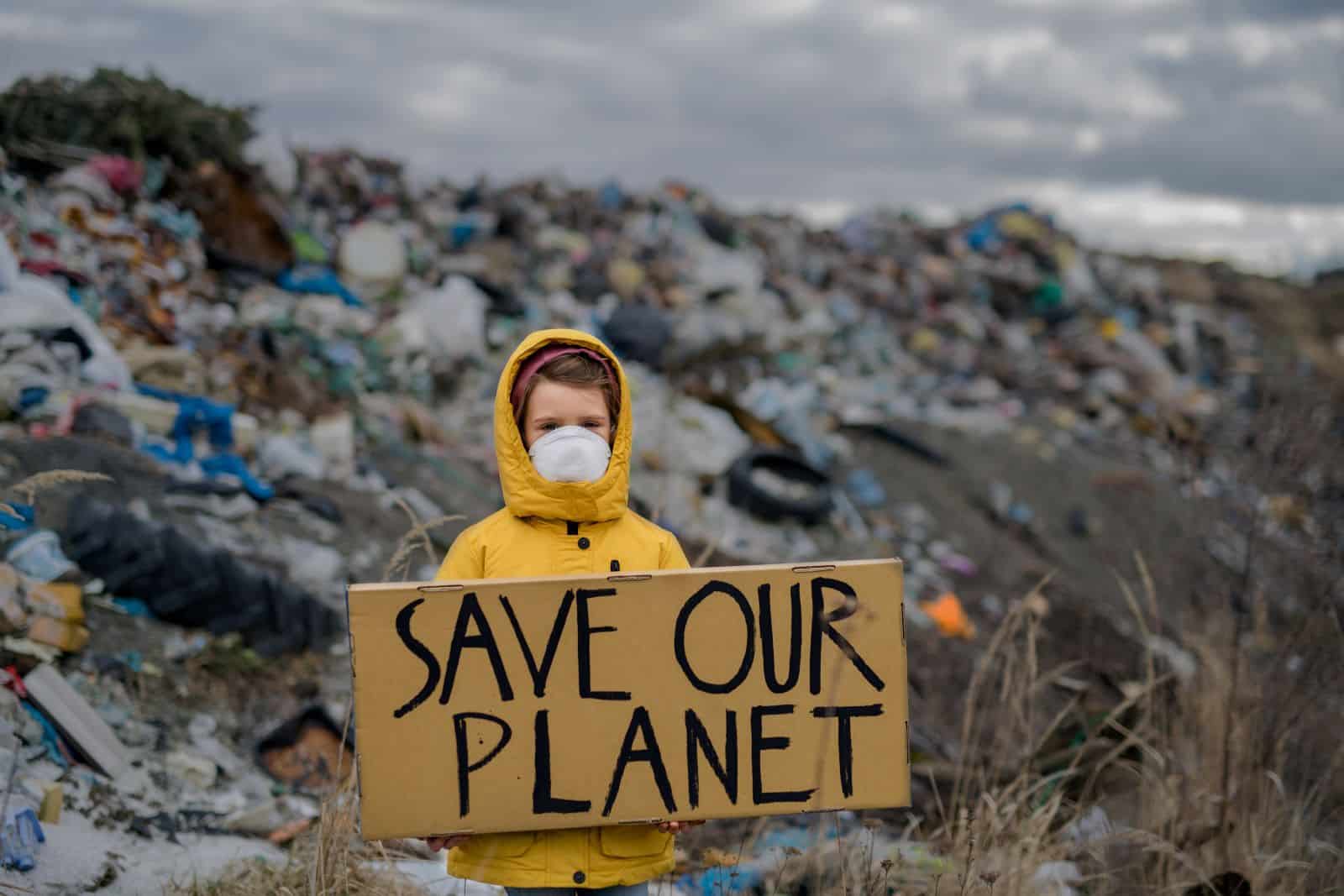
Littering is no longer just a minor issue—it’s an epidemic. Keep Britain Tidy estimates that nearly £1 billion is spent each year cleaning up the nation’s streets. Clearly, common courtesy is heading to the landfill along with the rubbish.
3. Decline of Polite Apologies
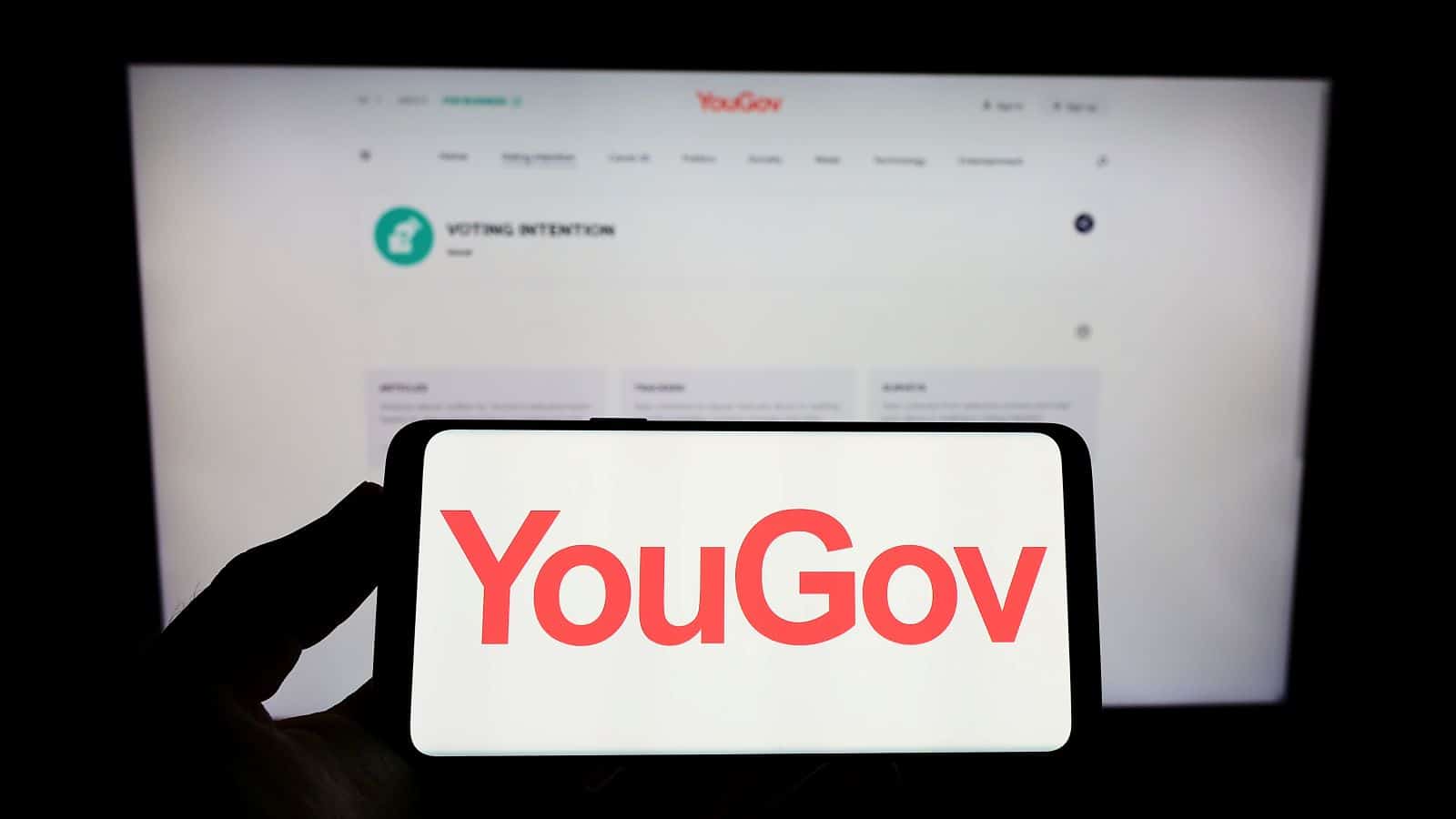
The British apology, once a cornerstone of social interaction, is disappearing. A YouGov poll recently showed that fewer Brits are apologising for everyday mishaps, preferring to let their mistakes slide without acknowledgement.
4. Social Media Snipers
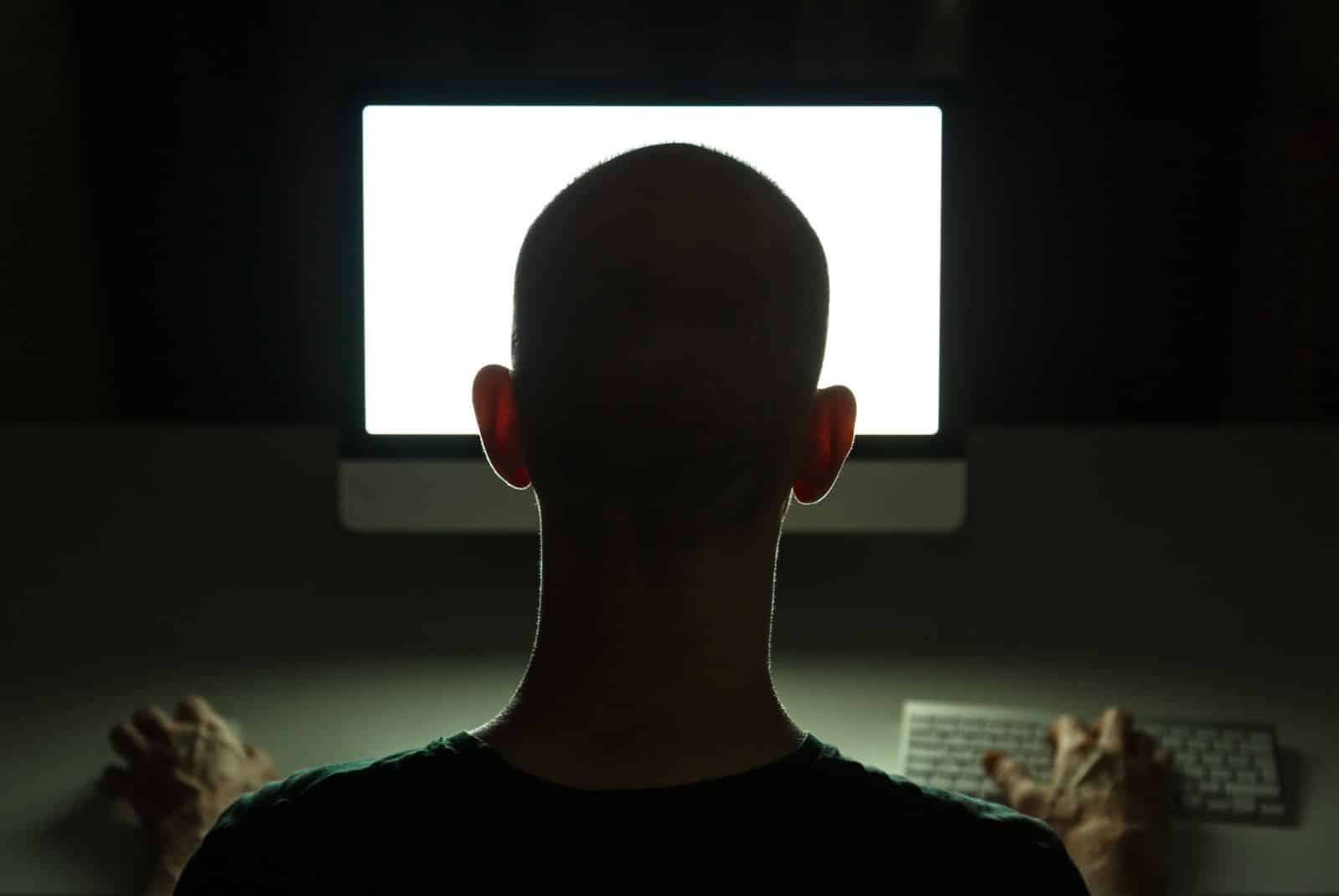
Rudeness online is rampant. Ditch the Label found that 69% of young people in the UK have been victims of online bullying. Our digital lives have brought out the worst in us.
5. Drivers Behaving Badly

Road rage is on the rise. The RAC reports that aggressive driving incidents have increased by 50% over the past decade, with fewer drivers bothering to acknowledge each other’s existence on the road.
6. Public Transport Nausea
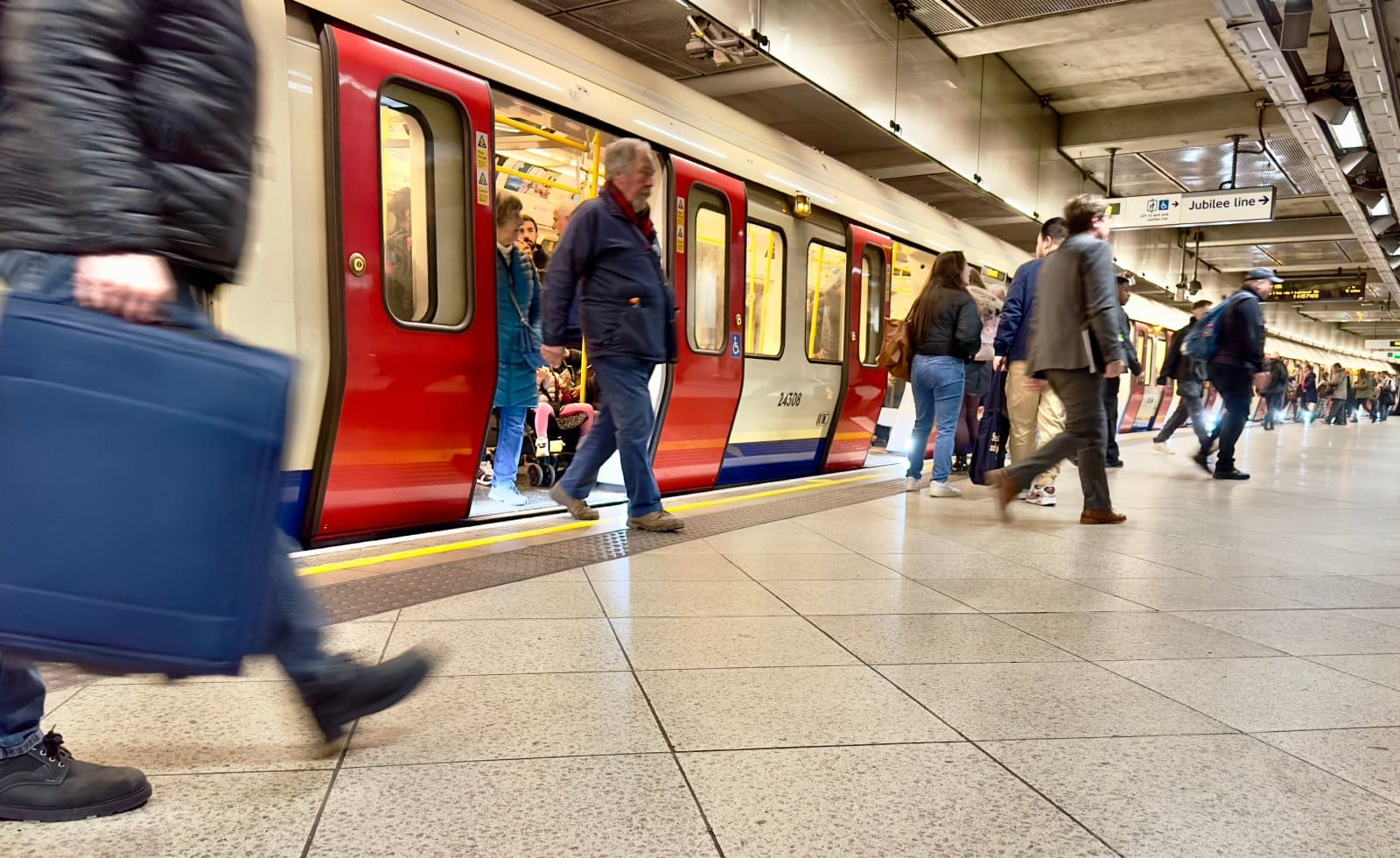
Public transport in the UK has gone from being a bastion of politeness to a breeding ground for bad behaviour. Transport for London (TfL) found that 65% of passengers have witnessed aggressive behaviour on public transport. What happened to queuing patiently?
7. Vanishing ‘Please’ and ‘Thank You’
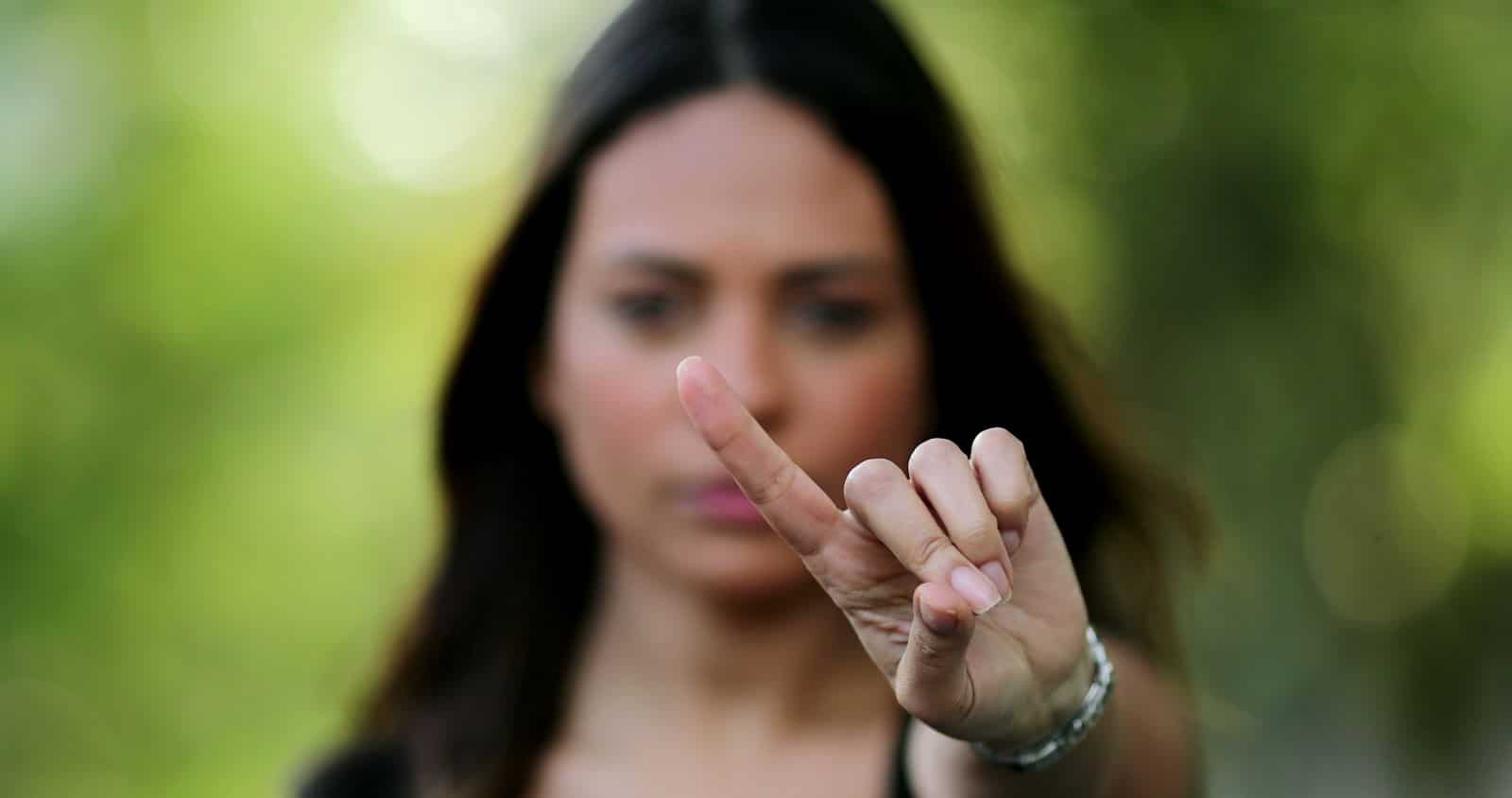
“Please” and “thank you” are becoming relics of the past. A University of York study shows a 15% drop in the use of polite language in recent years. We’re demanding, not asking anymore.
8. Public Spats Are the New Norm

Public arguments are increasingly common. A survey by Relate found that nearly half of Brits have witnessed disputes in public, with patience and calm responses becoming relics of the past.
9. Decline in Formal Greetings

Formal greetings like handshakes are fading. According to Debrett’s, only 41% of people now offer a handshake when meeting someone new. We’ve swapped a firm grip for a casual nod.
10. Ghosting Is Now Normal

Ghosting has become a typical way to end relationships. According to Bumble, 70% of its users have experienced ghosting. We’re avoiding difficult conversations and opting for silence instead.
11. Disrespect for Elders
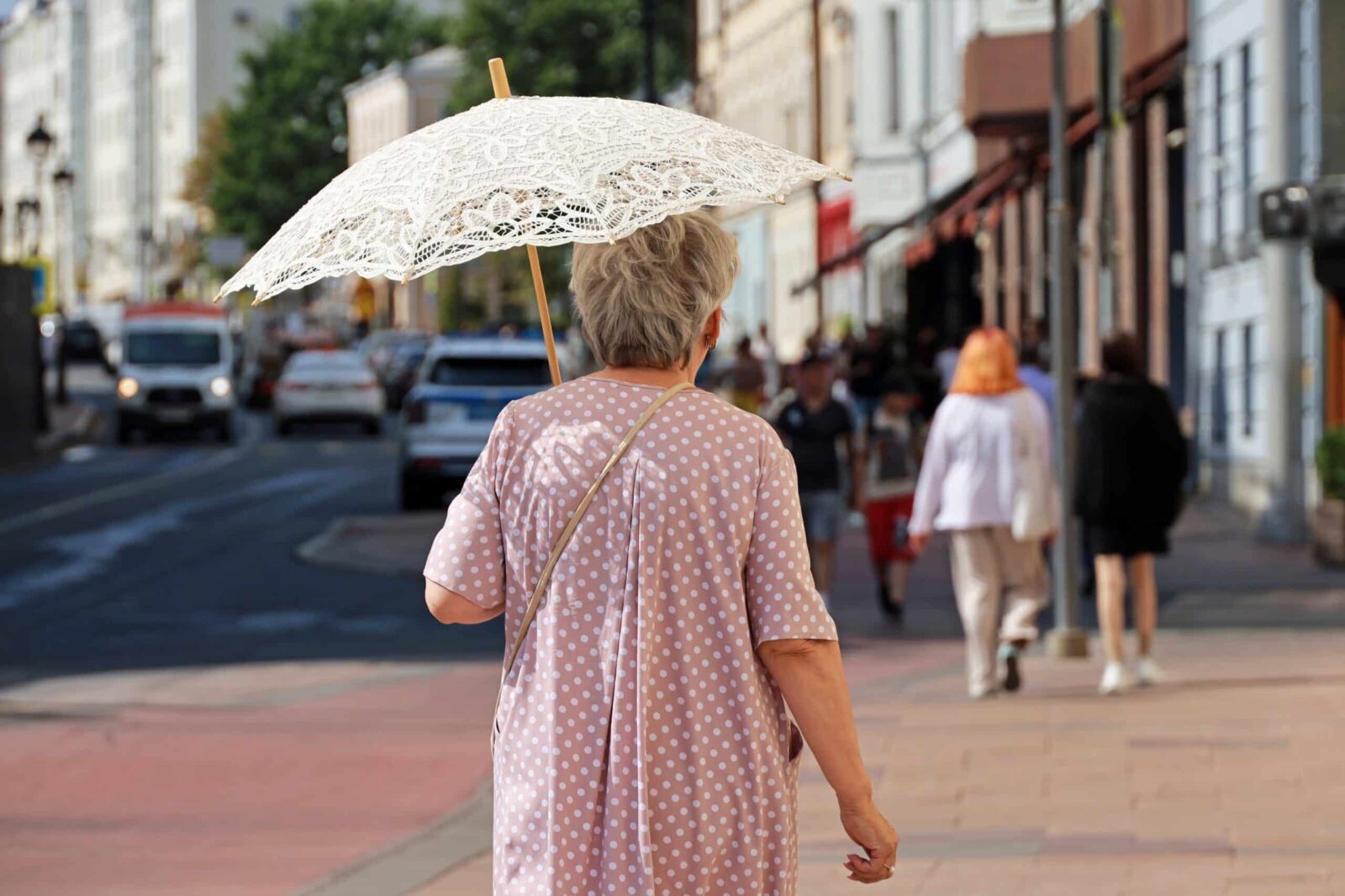
Respect for older generations is on the decline. Age UK reports that more than half of elderly people have experienced disrespect in public spaces. Ageing with dignity? Not in today’s Britain.
12. The Queue Jumper Epidemic
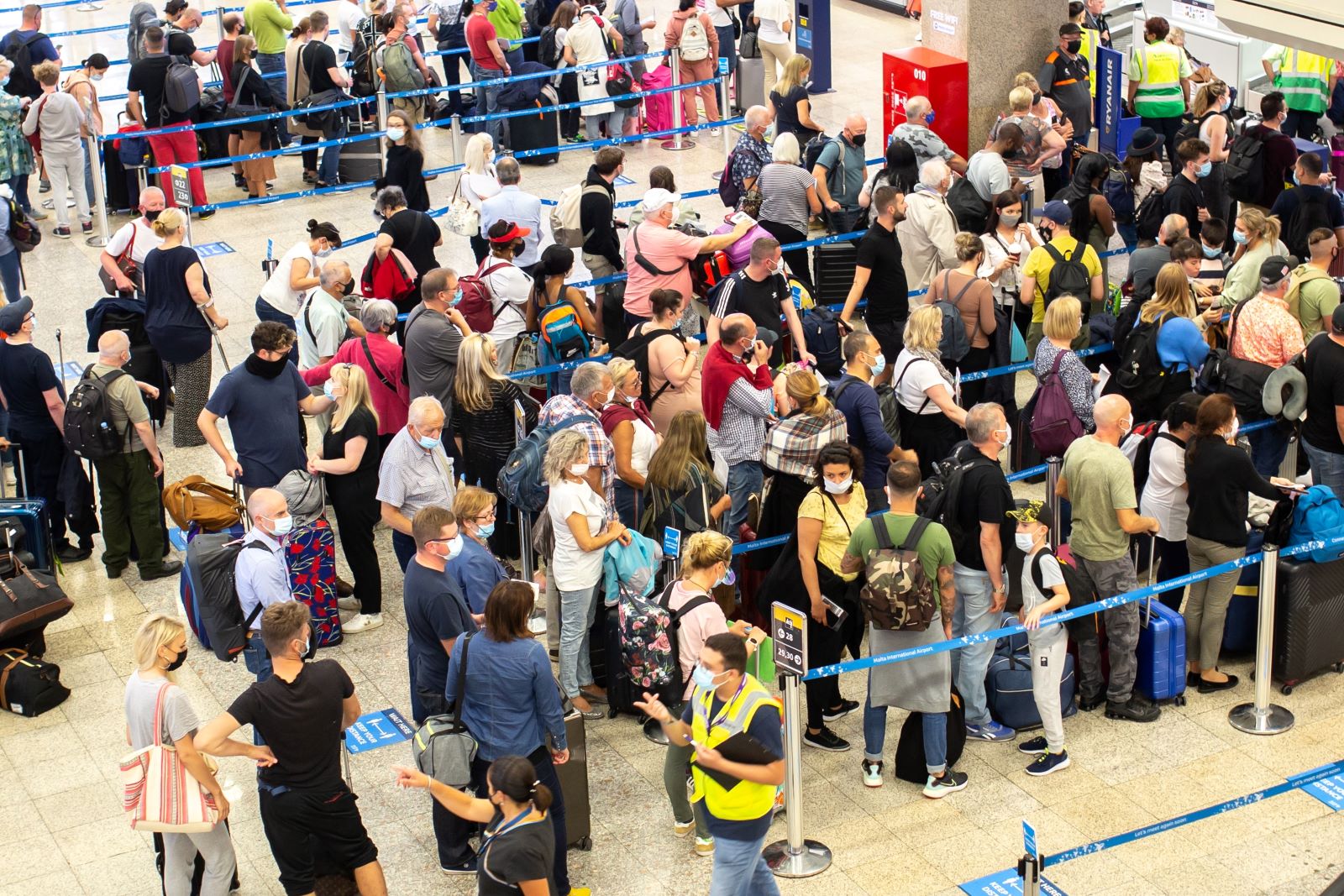
Queuing, once the gold standard of British manners, is on shaky ground. YouGov research found that queue-jumping is now a regular annoyance for many Brits, who are increasingly frustrated with the lack of respect for this national pastime.
13. Ghosting Customer Service

Businesses are ghosting their customers. A Which? report found that 42% of consumers have dealt with poor customer service, with complaints often going unanswered. Companies no longer seem to care.
14. The Rudeness of Parking
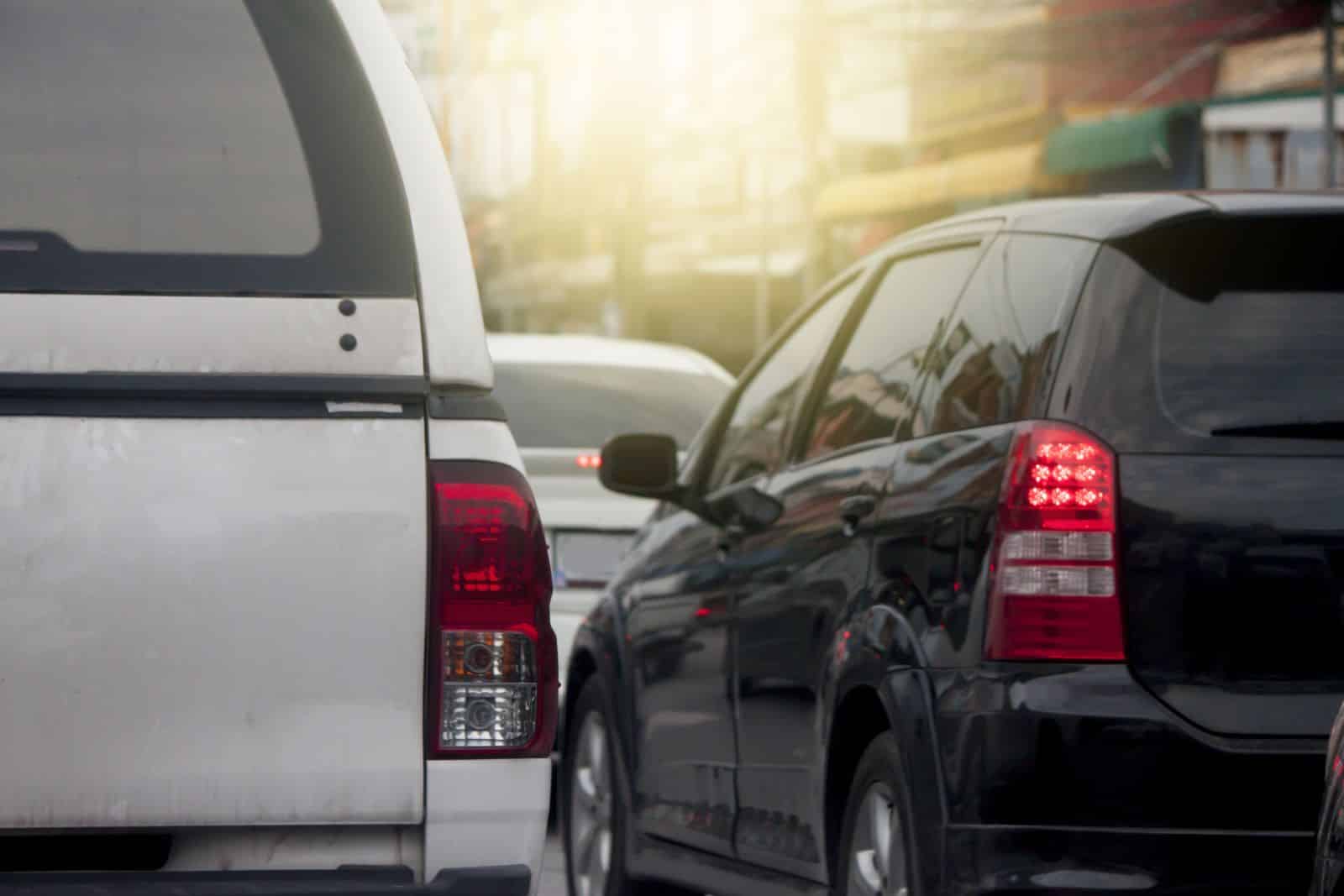
Inconsiderate parking is on the rise. The AA reports that complaints about rude parking behaviours—like blocking driveways and double parking—have risen by 25%. Parking is now a war zone.
15. Swearing Is the New Normal
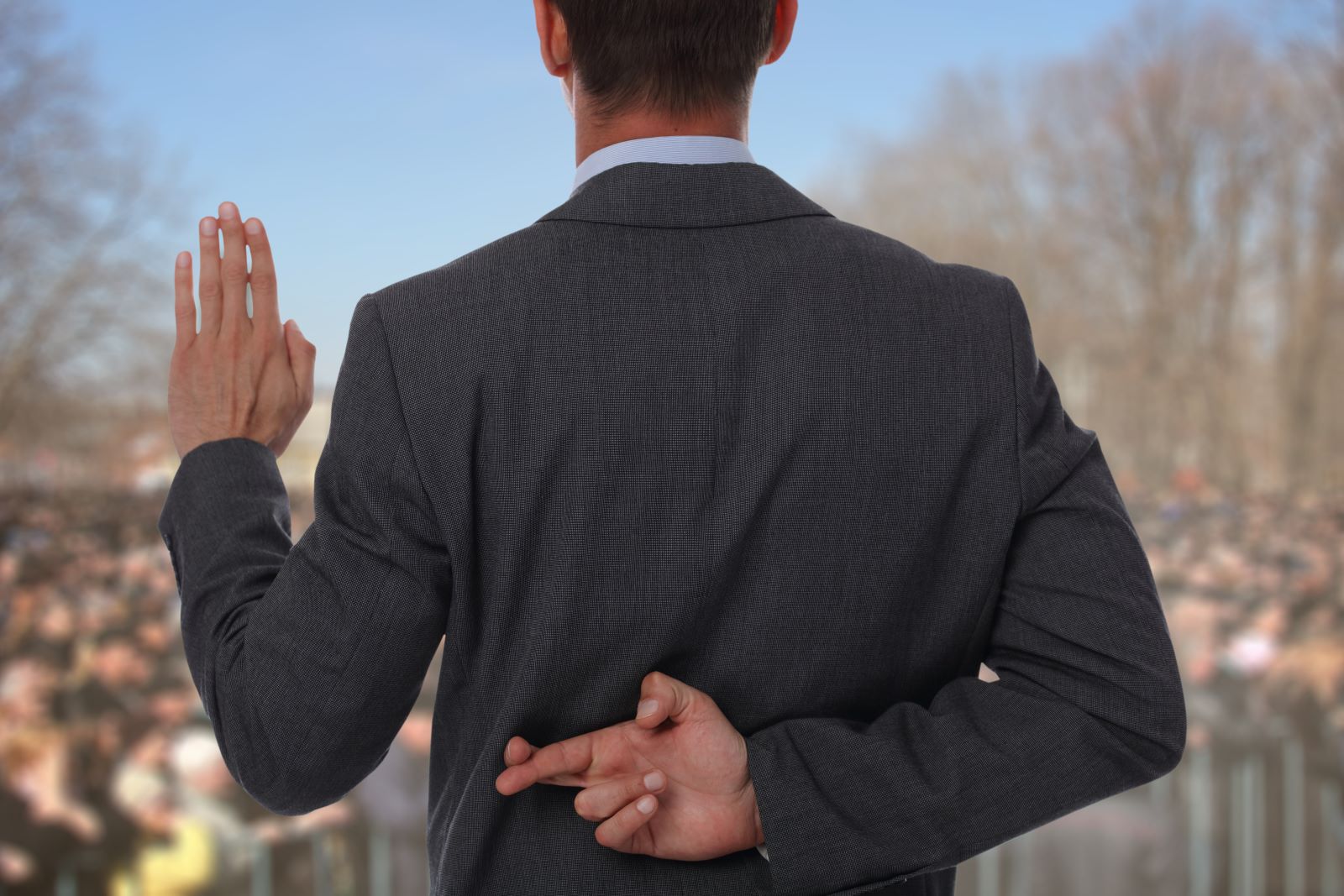
Swearing is no longer frowned upon—it’s practically expected. According to a study by the British Psychological Society, 57% of Brits admit to swearing regularly in public. Profanity has become as common as ordering a pint at the pub, and it’s showing no signs of slowing down.
16. The Disappearance of Public Apologies

Insincere apologies from public figures are becoming the norm. Ipsos MORI found that 60% of Brits think public apologies are now empty gestures. Contrition is dying in the age of the press release.
17. ‘It’s Not My Problem’ Syndrome

Fewer people are stepping in to help others. The British Red Cross found that a growing number of Brits are less likely to assist someone in distress, preferring to avoid involvement altogether.
18. Neighbourhood Neglect
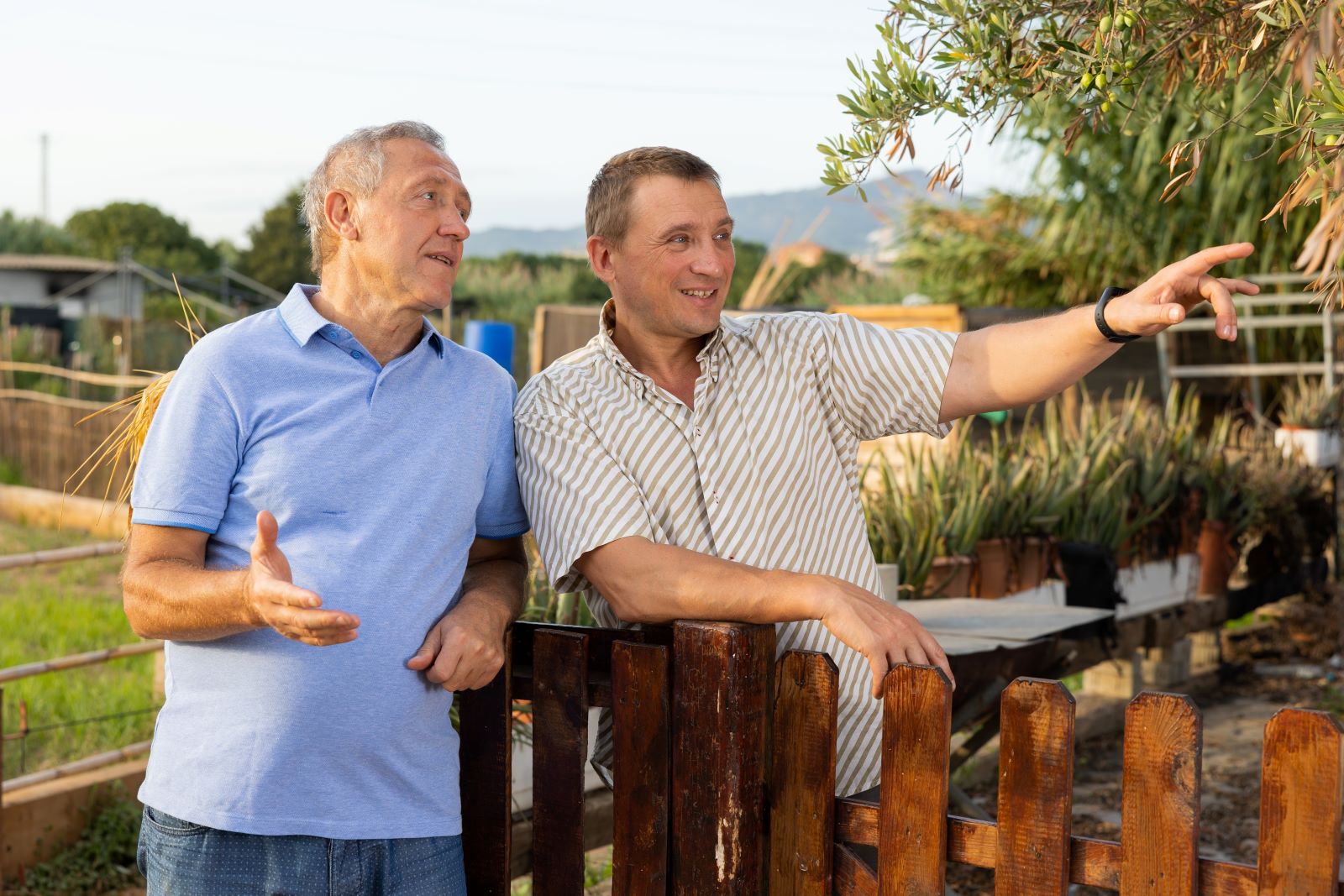
Neighbourly interactions are on the decline. A study by Peabody found that only 33% of people know their neighbours’ names, down from 50% a decade ago. Community spirit is slipping away.
19. The Death of “Thank You”

Barclays research shows that only 54% of Brits say “thank you” after a purchase. Thankfulness, like public decency, is dwindling.
20. The Decline of Small Talk

Small talk is becoming less frequent. The University of Cambridge found that only 35% of Brits regularly engage in small talk with strangers. It seems we’re losing the art of casual conversation.
Is It Too Late?
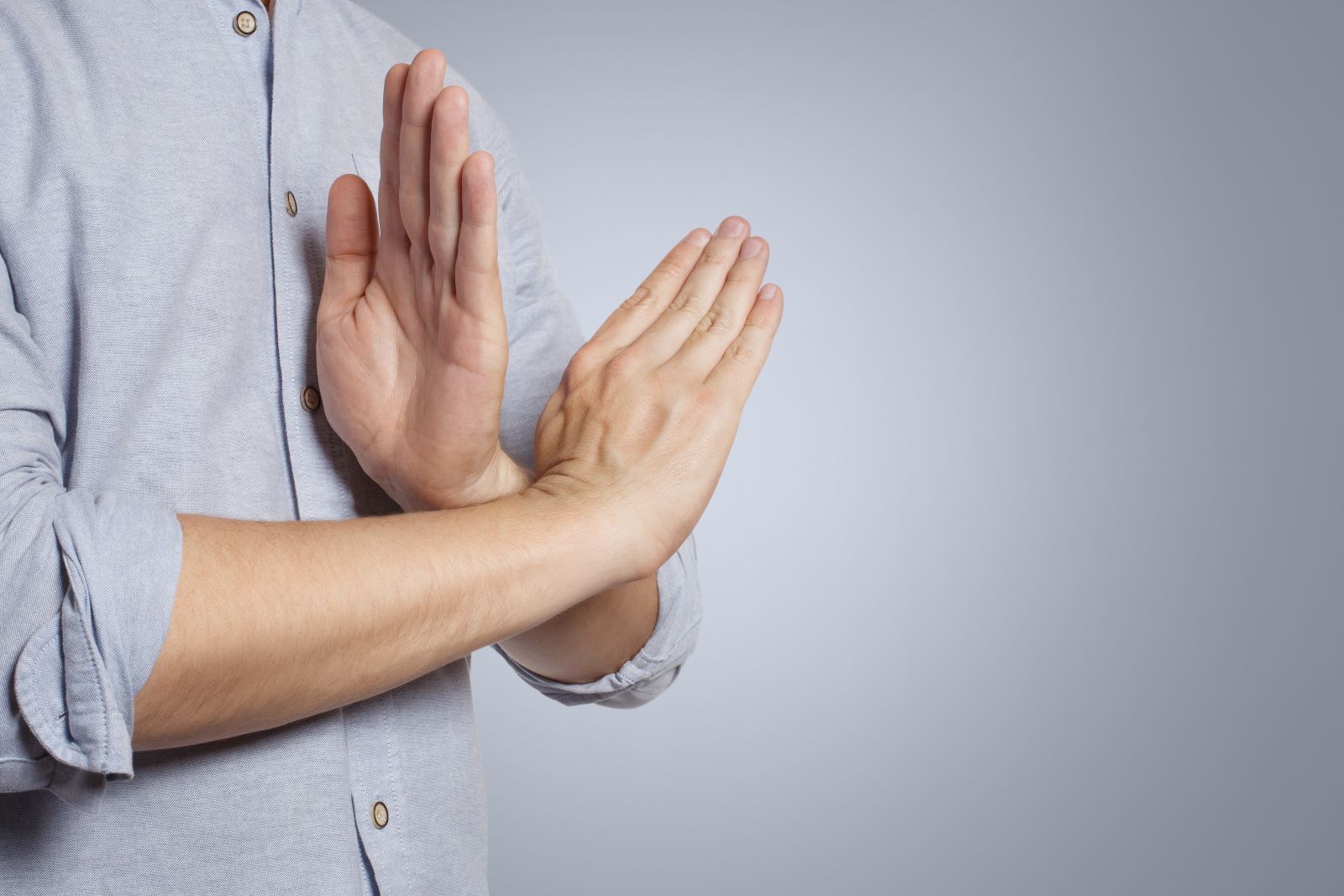
Is Britain’s famed civility gone for good, or can we save it? Are we heading for a future where “please” and “thank you” are just quaint relics of the past?
Featured Image Credit: Shutterstock / Oleg Elkov.
For transparency, this content was partly developed with AI assistance and carefully curated by an experienced editor to be informative and ensure accuracy.
The images used are for illustrative purposes only and may not represent the actual people or places mentioned in the article.

